Discover how Mike and Sam from Gravitate Accounting plan to tax their business efficiently in order to build a bright future for themselves, and their families.
Hi, Mike and Sam here from Gravitate Accounting. We’re two mates from school that decided to team up and start a company. We may not have started in one of those Silicon Valley garages we all hear about. But since taking on our very first client, we’ve been on one great big adventure that just keeps on giving.
Just like all our clients, we are business owners. So we wanted to share a little about ourselves and the things we are doing to achieve our goals, and build for our families and future in a tax-efficient way.
See, every business owner has what we call a ‘real-life number’. It’s what gives you the life you want now, and in the future. You may be at one stage of your business now. But chances are, that’s not the same as where you want to go. What you’re paying yourself now is likely to be very different to what you hope to pay yourself in future. The way you manage tax in your business, can really help with this.
Most business owners really don't have a clue how the work they're doing now, is going to impact that real-life number. There's no connection. What's going to help you achieve that real-life number? Getting serious about understanding your tax efficiency.
So, we wanted to share some of the things in our plan to take an extra £XXK of value out of the business for ourselves and our families now, while extracting an extra £XX over the next 5-10 years.
So without further ado, we’re handing over the mic to our good friend Deano. He’s been kind enough to interview us about our plans for the future.
Deano: Hi there! So a few years ago, you guys decided to take the jump and start a business together. From there, you’ve built a firm that’s only grown from strength to strength.
As the ‘honorary’ third-wheel to this brilliant business partnership, I’m going to help your readers find out more about you, all things business and life with a little bit of tax thrown in there for good measure...Mike and Sam, how’s it going?
Sam: We’re good mate! By the way, we’d say you’re much more than just a ‘third wheel’ to our business. In fact, you’ve made it into our shareholder’s agreement. Basically, if Mike and I couldn’t agree on something, we’d bring you in as the tie-breaker. You don’t need any special expertise, it’s more about if there was a conflict in our business partnership and we couldn’t agree on something. When our solicitor asked us about this, we couldn’t think of anyone else, so we ended up putting your name down as you’ve known us both the longest.
Deano: Well, lads I’m flattered honestly. But this isn’t about me, let's put the spotlight back on you two. What you’ve built up here with Gravitate is incredible, to say the least. So why don’t you start by telling us a bit about yourselves and your goals for the future?
Mike: Well, I’m Mike, and I’d say I’m a pretty ordinary guy. I’ve got a partner, Claire, and we’ve got two children together. Sam is married and has one kid.
As for major life goals, at the moment we’re hoping to upsize our home and make a move in the short term to a more substantial family home. Long term we want to have one other property, the one we've just talked about, a rental property in the UK and maybe a holiday home. Something to leave for the kids.
Both Sam and I are keen to start looking at investments, so that’s definitely something for the not so distant future. We also plan to buy a commercial property in about 5 years’ time, which we can hopefully move into.
As you can imagine, we don’t spend our nights in nightclubs or anything like that, because of the kids. Not sure that we would anyway? Ha. So, yeah we don’t live an excessive lifestyle at the minute, just lots of saving! We’re that age! It’s all about the kids, and our parents! The roles reverse I guess. In fact we’re even looking at an IHT issue for Claire’s parents!
But, yeah. We both agree this is pretty much the plan for the next 10 years. It’s hard to know where exactly we will be, but we want to be in a very comfortable position, doing minimal work. But who doesn’t?! Let’s see how rich we are after 10 years!
Deano: Indeed, let’s see! So what led you to start Gravitate Accounting? What was it that made you want to start your own business together?
Mike: Well, for me personally, working for someone else and chasing a salary was really boring. I realised that basically no matter how much money someone paid me, I'd get bored. So, for me at least, it was about building value outside of a salary, still getting a good salary but also having something that's growing in value, something that’s tangible.
Sam: As for me, well...I’m not really sure why. I suppose it got to the point where I saw an opportunity to do something better than what was already out there and to do it for myself. But it’s not like I had some sort of master plan. I sort of stumbled into it really. I wanted more of a hands-on approach, being more involved & creative for clients. I wanted to get rid of doing timesheets, be more involved with businesses, and be more of a people's person.
So we just sort of started, and I felt confident I could make it work. I just got my head down for a year and a half, and you joined after the first 6 months. We never really thought, "Oh, wow, how am I going to do this, how am I going to do that?" We just did it didn’t we?
Mike: Yeah, we took on our first employee, in the September. But I think having an office cemented it for me, and really made it feel like we had a business.
Sam: Yeah definitely. But it’s not all plain sailing, you lose a lot of your own time to your business. You have to give up other things, sleep, family, that kind of stuff. Weirdly I think COVID helped with that. It took the pressure off because you were already at home! And now we've recruited six people, soon to be seven, we're in a much better position where we can even take holidays. Now that feels like luxury.
Deano: Nice. So where would say you the business is now? And where do you want to see it go in the future?
Mike: Well at the moment we currently have 8 employees and I’d say we’re a stable business looking to take the next steps of growth. Ideally, we’d like to try and keep between 10 or 15 employees. We want to build the value of the business and strengthen our service offering.
Sam: We’ve also discussed launching a joint venture - Gravitate Wealth - with a wealth management guy we’ve been talking with.
Mike: And we want to do a reasonable push this year to attract new clients. But on top of all that, we’ve recognised that our clients are ready for a different level of service. They need more tax advice and consultancy-based services to support them through their business evolution.
A service we’ve recently rolled out to customers is a Tax Diagnostic Review. This review highlights all the tax advice, tax-saving opportunities, allowances, incentives, reliefs, everything applicable that you should consider for yourself and the business. It’s this service from which we have built a tax-efficient plan. It includes how we can reduce tax in the business now to improve the overall value, and what we can put through the business or take out to improve our lives.
So we can tax-efficiently, take an extra £5XXK of value out of the business for ourselves/our families now, and over the next 5-10 years, up to an extra £XXK if we needed to.
Deano: Now this sounds really interesting. I didn’t know you could put such a plan together, especially for something like taxes! So can you tell us more about that plan? What is it and what is it going to do?
Sam: Sure. So, the plan focuses on what we can do to build the value of the business in a controlled and sustainable way. At the same time, it allows us to get more certainty over what we can take out tax efficiently to invest into our future. It includes how we can reduce tax in the business now to improve the overall value and what we can put through the business or take out to improve our lives.
Deano: Ok, so walk me through the things you’re putting through the business, or taking out, to make it more tax-efficient?
Mike: Ok, well let’s start with what we’re doing to improve our own personal tax position, in other words, what we’re doing for our own futures and our families.
One of the first things to touch on is salary & dividends.
We're at the point now where we've built up to probably just over 50 grand a year now, salary/dividends split, so that’s why we’re now looking at our pensions. We take the tax-efficient salary amount to still qualify for things like the state pension and then I take the remainder as dividends. The first £2k of dividends are tax-free and should be taken out as a minimum, then it’s a basic rate of 7.5% up to the threshold of £50k.
We’re also employing family. Claire is on the payroll as she works in the business, and takes a salary. Sam's wife is employed too. Employing family members means the business benefits from the additional resource, and the family employees can use their personal allowances and lower-level tax bands. This can be partners, kids, parents, etc.
And then there’s the family shareholding. Basically, we’re all four shareholders, me, Sam and our partners. Our partners take a minimum of two grand each but then we try and top it up with anything we don't take ourselves. If you receive dividends from the company, then it’s a good idea to consider giving shares to your family, if they pay tax at a lower rate than you. They will be able to use the £2,000 tax-free allowance, and any other lower rate bands than yours. When you run a family business, it's definitely something to look into for them because of the additional benefits they can take from the business.
Now, let’s talk about our pensions.
At the moment Sam and I are both putting a set amount of money into private pension pots separately, with a view to merging them in the future. We’ve gotten into the habit of increasing either dividends or salary by a set amount each quarter, so we've maximized what we can take out. When that is maxed, we plan to move onto our pension pot until we are maxing out the annual tax-free allowance of £40K. Pensions can be a very tax-efficient way to put money aside as you pay no income tax or national insurance when the money is paid in. The company also gets a corporation tax deduction on the money they pay in.
Sam: Going forward, our plan is to merge our pensions into a SSAS or SIPP and buy a commercial property in about 5 years time, which we’d want to move into. The pension would own the building, and then the rent from the business would be paid into the SIPP, which means we would be contributing to it regularly.
Mike: We’re also both going to take out a £10K loan from the business to invest. Certain individuals in the business can take up to 10k tax-free loan from the business. If the business is in a good position to do it, it's a bit of a no brainer to have a little pot for the future.
Then, there’s something we know you’ll be very interested in, Deano...electric cars.
Deano (suddenly excited): Oh yes! Now we’re really talking! Please tell me you’re at least looking into something sick, a Jag?
Mike: If it was up to me, YES! When it comes to cars, I’m afraid, we’re on slightly different pages. Sam’s wife and me are love our cars, and we’ve both just sorted ourselves out with new …non-electric cars. Sam and Claire however aren’t really bothered about cars, so they’re going to do the right thing…. go electric and put them through the business. Thanks guys...
Sam: Ha, yeah sorry I'm not really that bothered. A Tesla would be nice, it's just a big jump to the Audis and the Jags and the BMs. I mean don’t get me wrong, I won’t be driving a Prius. Sorry Prius!
More importantly though, the tax on company cars has increased to the point where it’s not usually financially viable for the company or owner. The exception being electric cars. If the business buys the car, 100% corporation tax relief is available in the year of purchase. There’s other side benefits too like tax-free charging at the workplace, tax-free accessories and zero to pay in road taxes, and electric cars get taxed at 1% currently, rising to 2% soon.
Mike: Well, Sam, we’ll get you into cars soon enough but thanks for taking the hit for us!
Next we have trivial benefits. We’re sometimes guilty of forgetting these but we do a £50 Amazon voucher a quarter or every couple of months. It’s a tax-efficient way to take value from your business up to the value of £50, to a maximum of £300 total in a year. It’s £300 of tax free-money a year which you can have a chosen spend for, like vouchers (it can’t be cash) for treats.
Other than that, there’s things like critical illness/medical insurance and our mobile phones.
We currently put Life insurance through the business, and we’re exploring medical insurance. Although policies are slightly more expensive when purchased through the business, they are much better in the way they payout.
Finally, we’re both running our phones through the business because it makes sense to do this. One mobile phone can be given to every employee in the business - including yourself and family members that are employed. There is no tax or NIC regardless of whether the phone is used for personal calls, messaging, etc.
Deano: Sounds like you guys have really thought of everything! I really didn’t know there was so much you could do with taxes. But what about your team? Is there anything you are doing to make things more tax-efficient for them?
Mike: Absolutely. This is an area we are looking into more. For one, there’s the cycle to work scheme, which we’ve tried out. I ended up getting a bike off Facebook Marketplace because knew I'd get bored pretty quickly, which I did.
Bikes and equipment can be purchased under a ‘salary sacrifice’ scheme so that the cost of that bike or equipment comes out of pay before being taxed. Not everyone realises this is something that you can maximise and use every year, it includes equipment not just bikes, and it’s not capped anymore.
Then there are trivial benefits, again.
Now, this is something I want us to look at more strategically for the team. There is no £300 limit for employees. When you want to say thank you to your team, or give a boost of motivation a £50 voucher or gift up to that value can go a really long way.
Sam: And, of course, there are staff functions. We tend to do something on average once a month, like team meals, team drinks, we did this puzzle thing the other day which was a good laugh. Provided the cost per attendee is less than £150 (per year), it’s not taxable on you or your employees, and each employee can bring a plus one for that same tax benefit.
Mike: Yeah, and when we do lunches together we always make sure to put it through the business. Provided all staff are offered the option, providing lunches to staff at the business premises is tax-free for the employees, and the business can claim corporation tax relief and recover VAT (where relevant) on the costs.
Deano: Nice, well you’ll have to take me out for lunch sometime!
Mike (jokingly): No can do, I’m afraid...you’re not on the team so it’s not tax-free. Although you are in our shareholder agreement? We’ll have to look into that one!
Deano: Well, all I’m going to say is I’m not paying! You two are going to be rolling in it in 10 years’ time!
But, I digress. So we’ve talked about what you’re doing for yourselves when it comes to taxes and your team. But what about the business as a whole - is there anything you’re doing to reduce the tax bill for the business?
Mike: Well. We've recently invested in lots of new equipment, kitting out the office. We’ve invested heavily into the business systems integrating practice management software, online accounting software, pricing software, new equipment for the team, tax consultancy software – setting solid foundations for the business and long term value.
Then when we do get to buy our own premises we’ll be hot onto Capital Allowances. If a business has previously bought an asset within a building, you may be able to make a claim for Capital Allowances Tax Relief for the asset and make a business corporation tax saving. If you are in need of new equipment like this, now is the time to invest. This is because of the Capital Allowances Super Deduction. This tax relief allows a business to offset the cost of the asset investment against taxable profits up to a maximum of £1m. But with the Super Deduction, a limited company can claim 130% for that investment if it is a new purchase - and there is no cap on the investment that qualifies.
Deano: Well, I think that just about covers everything. Sam, Mike...it’s been an absolute pleasure. I feel like I’ve learnt so much about your business and tax along the way.
Mike: Thanks mate.
Time to get serious about your business?
If you want to understand what your business needs to achieve to get to your real-life number, then it’s time to get serious. We can help you get a better understanding of your business and its tax position, and get a plan together for the future. Book a call and let’s get started.

.png)


.png)

.png)
.png)

.png)
.png)
.png)













.png)
.png)
.png)

.png)
.png)

.png)


.webp)
.webp)
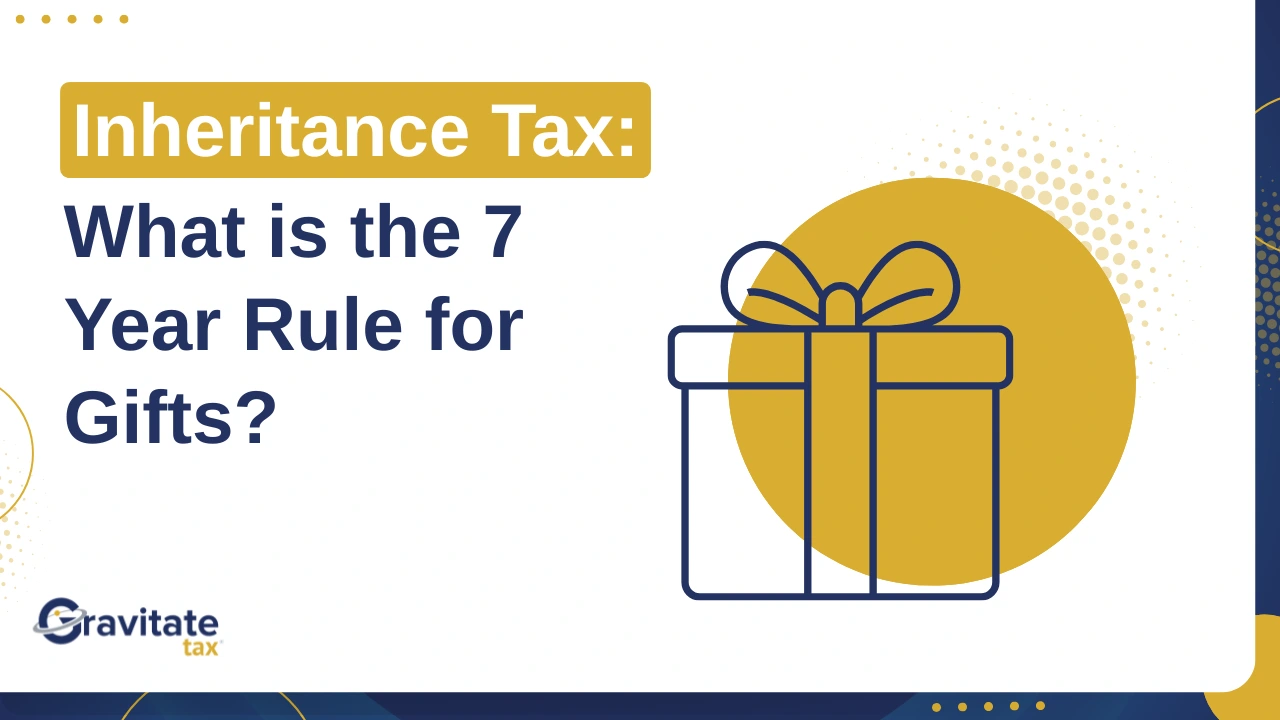

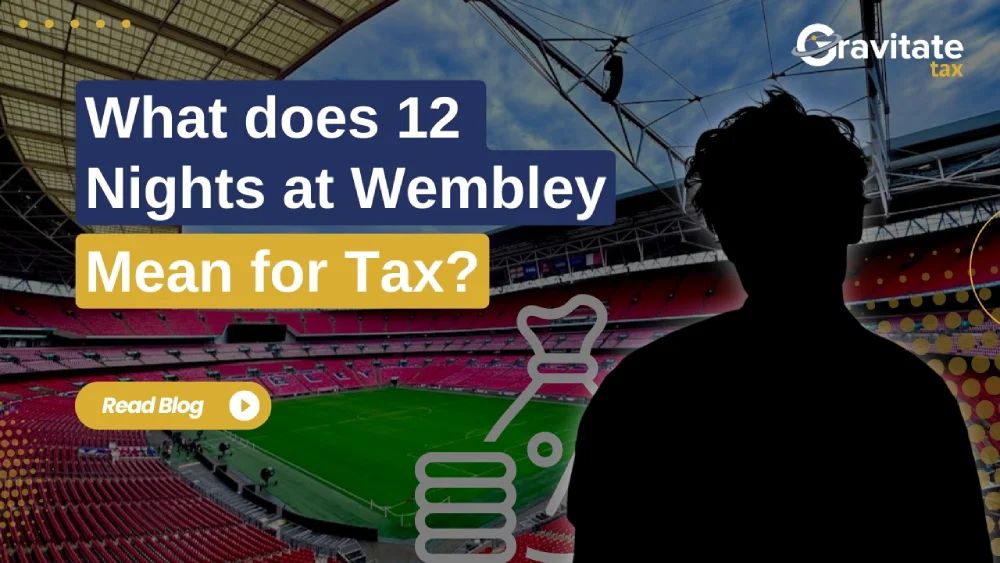
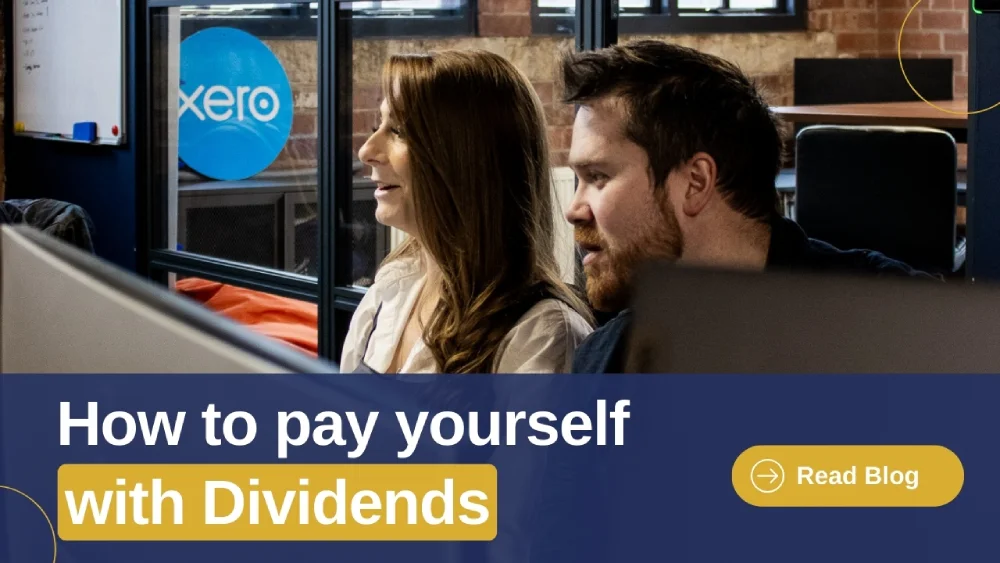
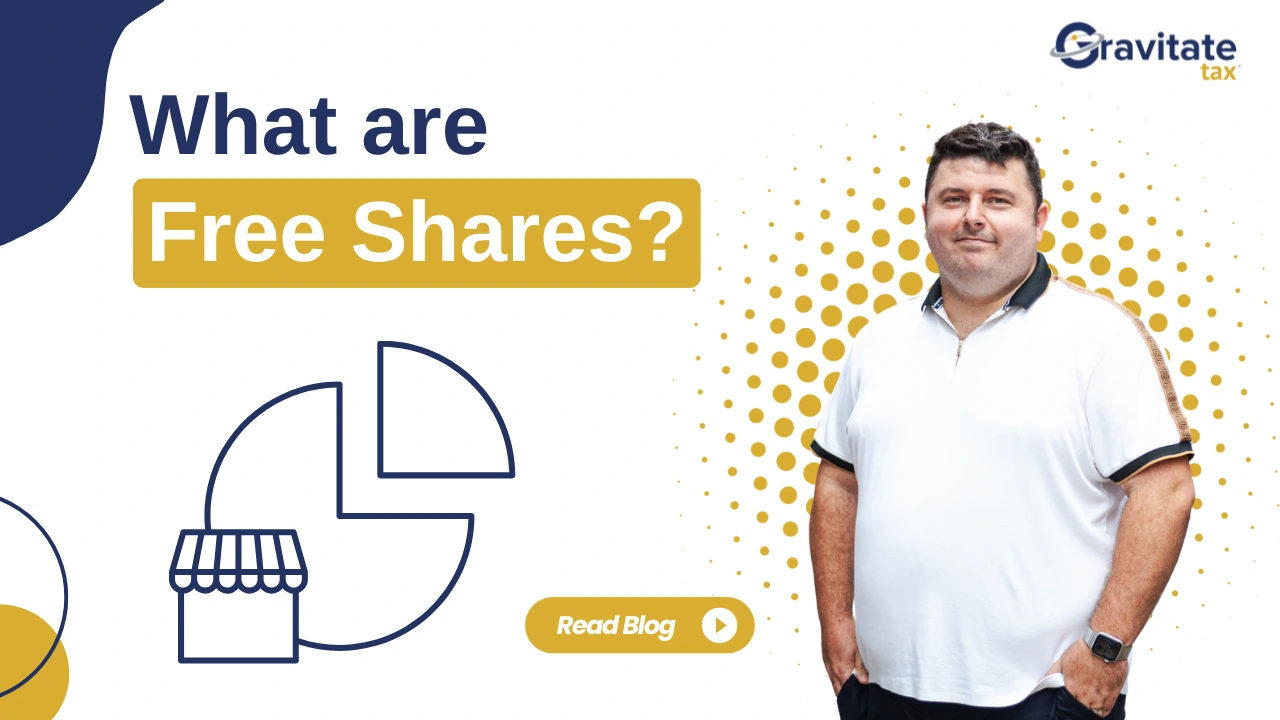
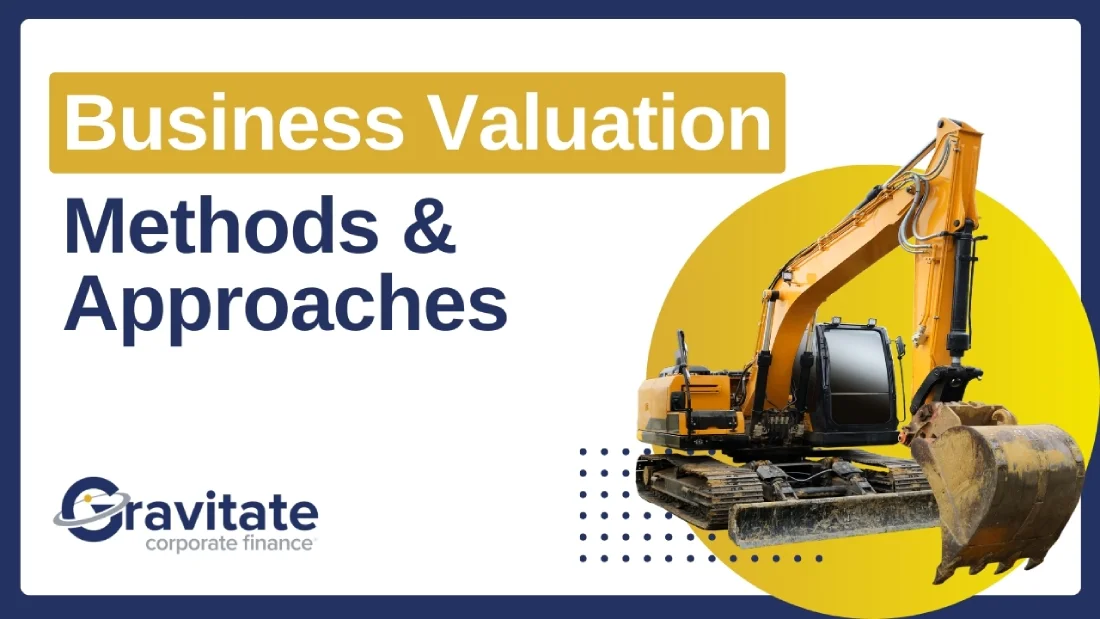







.jpg)

.webp)
.png)

.svg)
